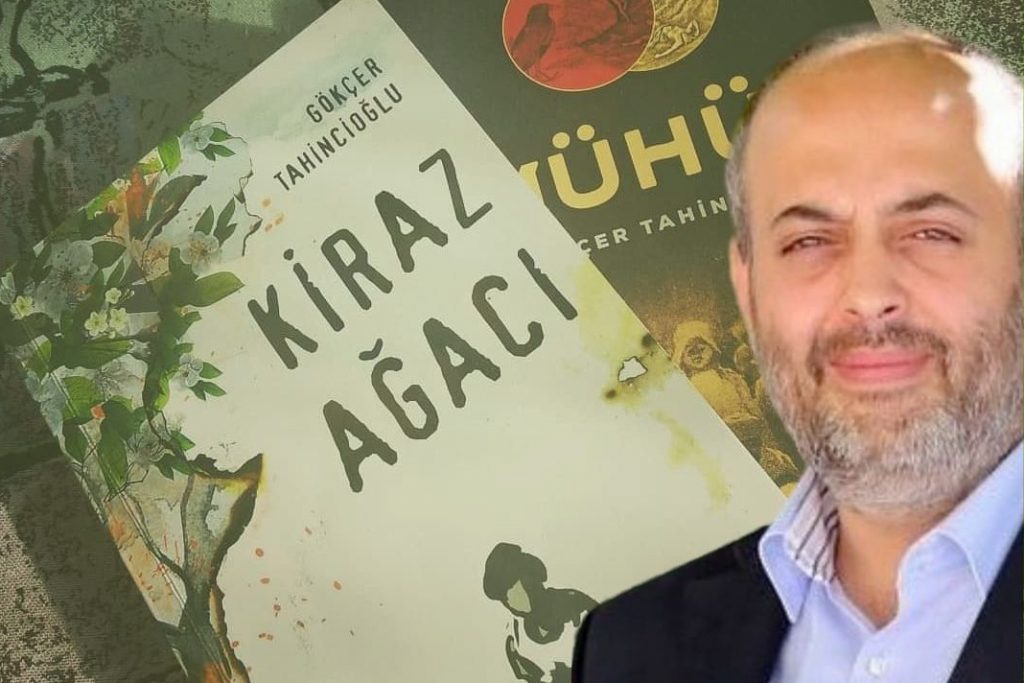Turkish journalist Gökçer Tahincioğlu’s award-winning novel “Kiraz Ağacı” (Cherry Tree) has been banned in a prison in eastern Turkey for “spreading terrorist propaganda,” the Evrensel daily reported on Monday, citing a letter from an inmate.
Talat Şanlı, an inmate in Van High Security Prison in eastern Turkey, said in a letter to Evrensel that Tahincioğlu’s novel had become the latest in a series of novels, magazines and newspapers banned in the prison under various pretexts.
Şanlı said inmates hadn’t been allowed to have and read many books other than those already in the prison library, adding that the authorities said they couldn’t have “Kiraz Ağacı” because it “spreads propaganda for a terrorist organization.”
“In a normal country, those who impose such censorship on a novel, those who are frightened even by fiction and try to make crimes out of it, are investigated and ordered to pay compensation [for violation of rights]. But here [in Turkey], the inability to understand what you’re reading can be covered up with fancy words and slander,” Tahincioğlu tweeted.
Normal bir ülkede bir romana bu sansürü uygulayanlar, kurgudan bile ürküp suç üretmeye çalışanlar tazminata mahkum edilip, soruşturulurlar. Ama burada okuduğunu anlamamanın üzeri de büyük sözler ve iftiralarla örtülebiliyor işte. #KirazAğacı https://t.co/1GxDCJbWpI
— Gökçer Tahincioğlu (@gtahincioglu) March 21, 2022
Published in 2020, “Kiraz Ağacı” won the Yunus Nadi Literature Prize for novels in September 2021.
Şanlı said in addition to the bans on written publications, the prison administration also canceled their ability to chat for two hours a day –- 10 hours a week -– in groups of 10 in the last few years on the pretext of measures taken against the COVID-19 pandemic.
According to Evrensel, Şanlı demanded that the voices of inmates Sibel Bolaç and Gökhan Yıldırım, who are on a hunger strike seeking an end to the ban on books, magazines, newspapers and chat time, be heard.
Since a failed coup in Turkey in July 2016, a growing number of books have been outlawed and confiscated, with some even considered evidence for certain crimes, which has led to great concern among publishers, authors and readers.
According to Turkish publishers, at least 30 publishing houses have been closed by government decrees in the post-coup era, while more than 670 books have been confiscated for allegedly serving as “propaganda of a terrorist organization.”
Another 135,000 books have been banned from public libraries on the same or similar grounds.
